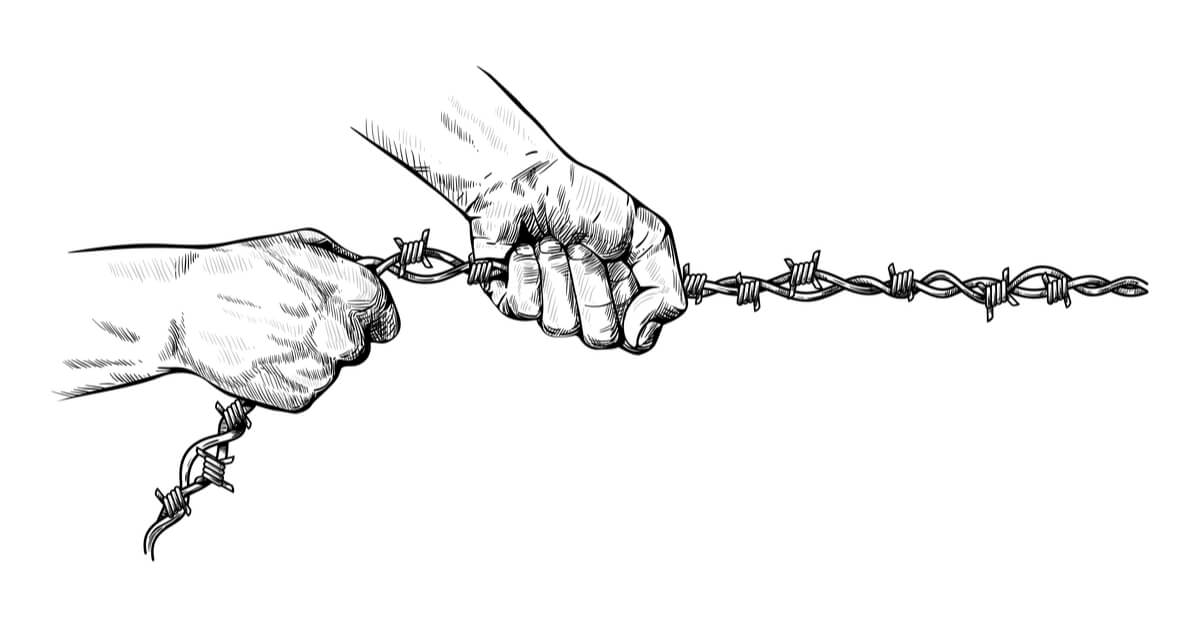Ignacio Martín-Baro is the father of liberation psychology, this Jesuit founded a new movement that changed the way we understand social psychology, taking as a starting point other liberation movements, Martín-Baro has oriented social psychology towards the study of contexts and problems. of the people he has studied.
He may not be well known outside the United States, but he is a central reference in some countries in that region, schools such as community psychology derive from his ideas, which focus on empowering the communities he works with, in the fight against poverty, in defense of democracy and mental health.
- He was born in Valladolid.
- Spain and joined the Society of Jesus.
- As a Jesuit.
- She was posted to Central America.
- She studied philosophy.
- Theology and psychology and eventually settled in San Salvador.
- Republic of El Salvador.
His doctoral thesis focused on social attitudes and conflict in El Salvador. More specifically, Martín-Baró wrote about the population density of the lowest social classes in this region.
Ignacio has been a visiting professor at various universities in various countries, but has spent most of his time at the Central University of San Salvador. Finally, Ignacio was assassinated by a platoon of the Atlacatl Battalion of the Armed Forces of El Salvador, under the command of Colonel René Emilio Ponce, on November 16, 1989, along with other priests. The crime is known as that of the martyrs of the UCA, the José Simeón Caas Central American University of San Salvador.
The psychology of liberation is part of three movements that have previously emerged, these are: the theology of liberation, the philosophy of liberation and the pedagogy of liberation; liberation theology proposes to focus on those most in need, i. e. the poor. recognize oppression and injustice in this sector of society and advocate for the use of the humanities and social sciences.
“Dear philosophers, dear progressive sociologists, dear social psychologists: do not meddle so much in alienation here where the cursed is the foreign nation. ” – Roque Dalton-
In turn, the philosophy of liberation focuses on the creation of knowledge. He argues that most of the knowledge studied comes from middle-class Western men; that is, the knowledge of others is not considered valid.
Therefore, the philosophy of liberation proposes to learn, through dialogue, with the knowledge of these?They don’t take into account.
Another basis of the thought of the psychology of liberation lies in the thinking of Paulo Freire, who created an educational movement known as liberation pedagogy, which considered liberating education as a process of renewal of the social status of the individual, understanding the subject as being thoughtful and critical that reflects on the reality that lives.
“Psychological knowledge must be put at the service of a society in which the well-being of the little ones is not based on the discomfort of the most, in which the realization of some does not require the denial of others, in which the interests of Some do not require dehumanization?. – Ignatius Martin-Bara-
Thus, the pedagogy of liberation sought to educate critical and, at the same time, useful thinking; that is, educating in egalitarian values without resorting to indoctrination; not to educate according to the interests of the economy, but to personal interests; teaches people to understand the world from experience and critical thinking; these fundamental principles have been adopted in the psychology of liberation.
From these bases, Ignacio Martín-Baro founded the so-called liberation psychology, the proposal is the idea that psychology should start from the studied context and focus on the problems of the people who live in that context, for which he defends a psychology focused on specific contexts, not artificial contexts. The Jesuit also believed that psychology was not impartial, so he defended a critical and positioned psychology.
With these ideas, Martín-Baro created the University Institute of Public Opinion, an organization that researched with the public and then shared the data obtained. In this way, Martin-Baro demented many popular beliefs; the so-called desideologization. On the other hand, his policies found opposing ideas, which led to his murder.

